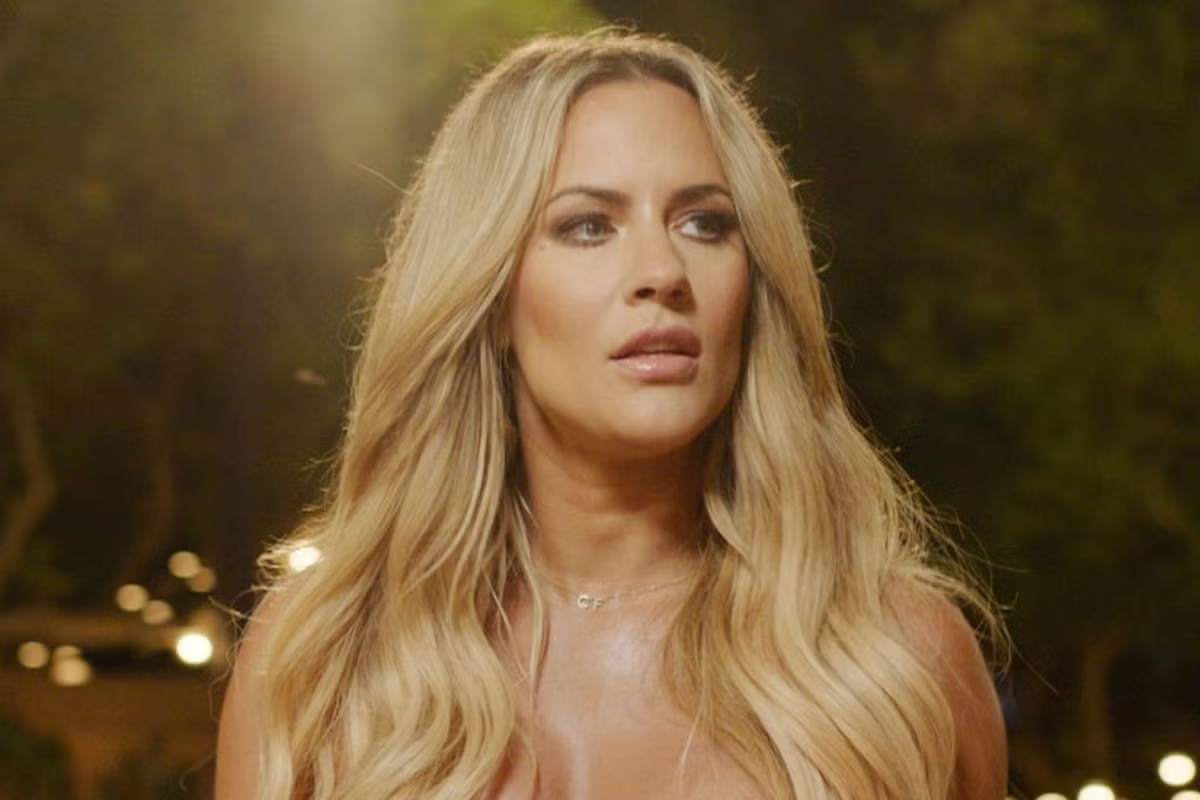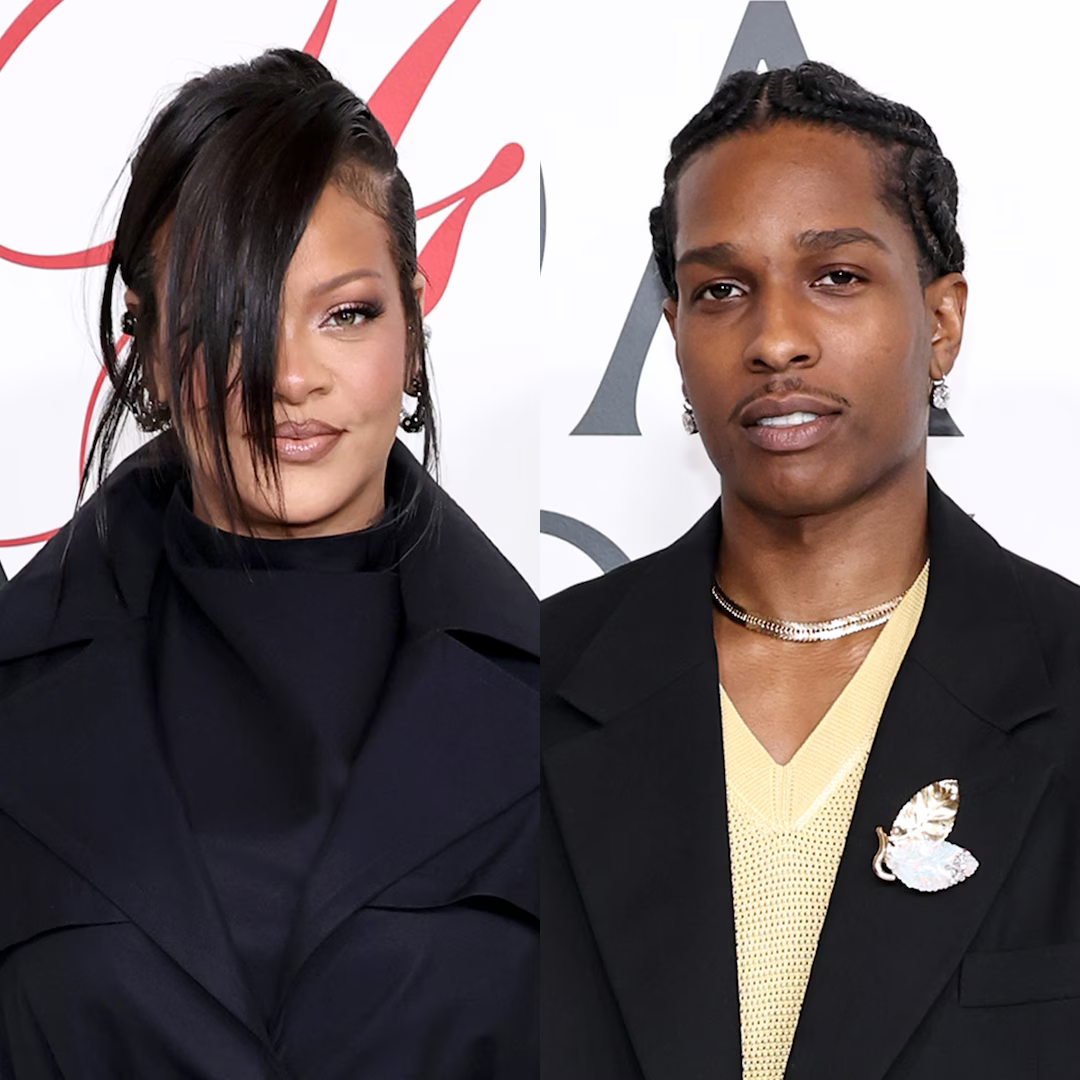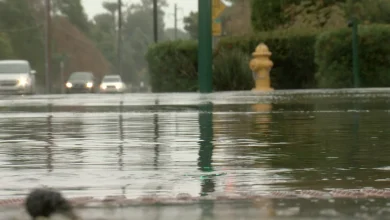Inside Caroline Flack’s harrowing final months – and why her mother is still fighting for the truth

Get the latest entertainment news, reviews and star-studded interviews with our Independent Culture email
Get the latest entertainment news with our free Culture newsletter
Get the latest entertainment news with our free Culture newsletter
It was Caroline Flack’s idea to make a documentary about her arrest, and the abuse and torment she’d suffered in the months that followed. A documentary, she thought, could refute the sordid lies that had been spread about her, and give her a voice at a time when she had been told to keep quiet. Of course, that documentary never happened. Days after raising the idea, Flack died by suicide. She left behind a note in which she spoke of finding harmony.
Five years on, Flack’s mother Christine is now following through on her late daughter’s plan, with the release of Caroline Flack: Search for the Truth on Disney+. The two-part documentary explores the troubling circumstances surrounding Flack’s death, as Christine lays out evidence to suggest that her daughter – having been arrested and charged for assault – was treated differently by the police and the Crown Prosecution Service (CPS) because of her celebrity status. She says they were eager to make an example out of her daughter. The series asks how it is possible that a dark but fleeting incident in Flack’s life, which should have stopped at a caution, ended instead in tragedy.
At the time of her arrest, Flack was one of the country’s most recognisable and beloved presenters. Having graced shows including Strictly Come Dancing, I’m a Celebrity, and The X Factor, she had found a new level of fame as the forever suntanned, beaming face of ITV’s new dating show Love Island. Then, on 13 December 2019, she was arrested and charged with assaulting her partner Lewis Burton. The tide turned. In less than two months, she was dead. It’s the time in between these events that the documentary concerns itself with, weaving in interviews with friends, family and experts, as well as Flack’s text messages and voice notes. They paint a painful picture of her final days – and the key moments that cemented her fate, as uncovered by her mum.
“We’ve got to remember that Christine has independently done this research,” director Christian Collerton explained at an emotional first screening of the documentary last week. “This is her investigation; she did this before we were even on the scene. It really is her work.” The work is thorough, and compelling. We follow Christine as she unpacks evidence turned up from five years of inquests and inquiries.
First, there is the fact of Flack’s prosecution, which almost didn’t happen. As shown in the documentary, the CPS originally did not want to charge Flack – after all, there was no history of domestic abuse; there was admission of guilt; and Burton himself vehemently insisted that he did not want to press charges. It was only after the intervention of a detective inspector, on duty on the night of her arrest, that the decision was reversed and Flack was charged with assault by beating. (It is pointed out that the detective’s appeal contained inaccuracies, such as the claim that Flack had caused “significant injury” despite the police report showing that Burton’s injuries were minimal and did not require medical attention. There was also, curiously, no mention of Flack’s self-inflicted injuries.)
Caroline was never given the opportunity to have a fair trial. She was tried by the media and social media. She was a victim of speculation and untruths
Sarah Clayton-Payne, producer
Surveying the evidence now, even Nazir Afzal, a former CPS prosecutor who appeared on breakfast TV at the time to stress the importance of pursuing Flack, says that the decision “makes no sense” and that the matter should have been dropped. Afzal’s on-camera meeting with Christine is an emotional one, as he tells her: “The worst thing that should have happened is a caution.” Flack’s celebrity status, Afzal suggests, is the only plausible explanation. “I can’t think of any reason [for the CPS] to proceed other than being scared of what would have been said about them,” he says.
While the documentary concerns itself largely with the months that followed Flack’s arrest, the events of that night ripple out – with the details catastrophically elided in the media coverage. According to the documentary, the evening unfolded like this: after separate nights out, she and Burton had come home drunk and gone to bed when Flack saw a message from his phone from another woman. Angry, she woke him up, flinging her arm at him. The phone, still in her hand, knocked him on the head. The inquest heard that she had later told police: “I had his phone in one hand and mine in the other. I whacked him round the head. There was no excuse for it. I was just upset. I admit I did it. He was cheating on me.”
The fight escalated when Burton threatened to call the police, which she begged him not to do. When he did, she harmed herself. By the time the police arrived, the apartment was a mess; she and Burton were in a frenzy. Caroline’s phone was taken as evidence as the likely weapon, and she was admitted to hospital for treatment. And then she was arrested. Not requiring any medical attention, Burton went home.
open image in gallery
Christine Flack has spent the last five years searching for answers (Disney+)
In our public recollection, these details are hazy. Instead, what comes to mind are the salacious front pages strewn with images of Flack, looking pale in a black coat, being hounded outside the court, or the leaked image of her bloody bedroom on the night of the incident. It was that first magistrate’s hearing on 23 December that proved to be “the first nail in her coffin”, says Christine. Laying out the charges, the CPS barrister stated that Flack had hit Burton with a lamp, causing “significant injury”. The barrister quoted from a police report that described the bedroom as looking “like a scene from a horror movie” – and like that, Christine says, a false narrative was set in stone.
Before that hearing, the media scrutiny was intense but relatively measured. Afterwards, everything changed. “Initially the press coverage was quite factual,” says series producer Sophie Clayton-Payne. “Caroline was being hounded by paps, but the actual coverage was factual. The tipping point was the magistrate’s hearing, when the prosecutor referred to the ‘bloodbath’ and the lamp. There was a media frenzy, and I think we saw the fallout of that on social media. The public enjoyed this fall from grace.”
“A woman on the run” is how Flack’s close friend Mollie described her in the weeks after the hearing. She was unable to return home because of the press, and instead camped out for weeks at the Ned hotel, later moving in the dead of night to an apartment in east London.
The footage of Flack being pursued is chilling to watch as paparazzi clamour over her. More disturbing still, though, are the messages she sent around this time. “I don’t see any way out of this,” writes Flack, who was unable to have any contact with Burton owing to the conditions of her bail. Meanwhile, he was posting on social media, vehemently defending her against the prosecution’s claims and the mounting abuse she was facing on social media. Flack’s agent, her friends and her family – aware of previous mental health conditions and a history of self-harm – could see her unravelling before their eyes. They filed a psychiatric report to the CPS, which was dismissed.
open image in gallery
Caroline Flack found new levels of fame as the sunny-faced presenter of ITV’s ‘Love Island’ (James Gourley/ITV/Shutterstock)
A week or so after the magistrate’s hearing, on New Year’s Day, The Sun printed a leaked picture of Flack’s bedroom on the night of the incident, showing an unmade bed covered in blood. “Photo shows attack carnage” read the headline. Of course it was Flack’s own blood, but many believe that the way it was portrayed – with an arrow pointing to a lamp – framed the scene as though the so-called “carnage” was a result of Burton’s injuries. Presented as it was without appropriate context, even Flack’s own sister – who was not in touch with her at the time – said that was how it looked.
The documentary goes on to say that no one on Flack’s team was contacted for comment. “She was more valuable in print as a villain now,” says Louisa McDonald, her agent at the time. It was a lose-lose situation. To defend herself, Flack would have to shine a light on a part of herself she had kept hidden. “I don’t think I can cope with the shame of it all,” she messaged someone at one point. Flack was terrified of the bodycam footage, showing her at her worst, coming out in court. The Sun’s coverage is presented in the documentary as having been another devastating blow, with Christine requesting a front-page apology from the paper.
open image in gallery
The documentary touches on Flack’s past struggles with her mental health (PA)
All the while, there are glimpses of the woman that the country grew to know and love. In the face of outright horror, she still had her good days: “It’s 11am and I haven’t lost it yet. Going to be a good day,” she joked in a text around the time. There was some optimism (for all the reasons listed above) that the case would be dropped. But it wasn’t, and the day after Flack learnt that the CPS would be proceeding with the charge, she took her life.
Search for the Truth is an agonising watch, and an important one in correcting the narrative surrounding Flack that has persisted even in her death. “What was put out for public consumption during those two months was essentially the case for the prosecution,” says Collerton. “We wanted to put a case for the defence, everything that didn’t make it into the newspapers.”
“Caroline was never given the opportunity to have a fair trial,” adds Clayton-Payne. “She was tried by the media and social media. She was a victim of speculation and untruths. We see the devastating impact of that.” The film’s legacy, Christine hopes, is a simple one: be kind.
A Crown Prosecution Service spokesperson said: “Caroline’s death was a tragedy and our thoughts remain with her family and friends as they continue to come to terms with their loss and the circumstances that led to her death. All decisions in this case were made on the basis of the medical opinion available to us at the time. A person’s celebrity status never influences whether a case is taken forward. We are satisfied that the prosecution was correctly brought.”
open image in gallery
Caroline Flack pictured leaving the first magistrate’s hearing in December 2019 (Shutterstock)
A spokesperson for the Metropolitan Police Service said: “Caroline Flack’s tragic death had a profound impact on many, not least her family and friends who continue to come to terms with their loss. The Commissioner has previously written to Caroline’s mother to offer his condolences on behalf of the Met. We recognise how terribly difficult the past five years must have been. It is understandable that those closest to Caroline have questions about everything that happened to her in the months before she died, including the police investigation. We have been open to those questions and have engaged with a number of independent reviews and an inquest. While there was organisational learning for us on points of process, no misconduct has been identified.”
A spokesperson for The Sun said: “We have only the deepest sympathy and respect for Christine Flack and her campaigning on mental health issues. Our work to honour Caroline’s memory was made entirely with family input and support after we were approached to help, and only sought in good faith to further Christine’s work. Caroline Flack was a well-known television personality, and while it is now clear that the decision to charge her with an offence was not in the public interest, the reporting of that decision was and attracted media coverage.
“The Sun reported responsibly and within the law, and strongly opposes the decision to prosecute her, through editorials published before her death. In late December, The Sun received a photograph and information that it published. The story was subject to robust pre-publication editorial and legal process, and repeated remarks from the court hearing, including a quote from Mr Burton that Ms Flack did not hit him with a lamp. One article, which was deleted after Caroline’s death to avoid causing further distress, was published only to highlight what The Sun called a ‘cruel’ and ‘brutal’ Valentine’s Day card that had gone on sale to mock Caroline before her scheduled trial.”
‘Caroline Flack: Search For The Truth’ premieres on Disney+ on 10 November
If you are experiencing feelings of distress and isolation, or are struggling to cope, The Samaritans offer support; you can speak to someone for free over the phone, in confidence, on 116 123 (UK and ROI), email jo@samaritans.org, or visit the Samaritans website to find details of your nearest branch.





